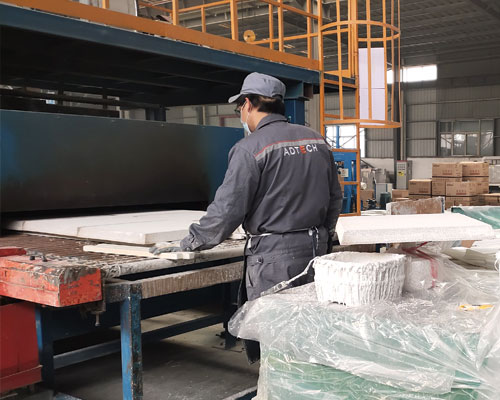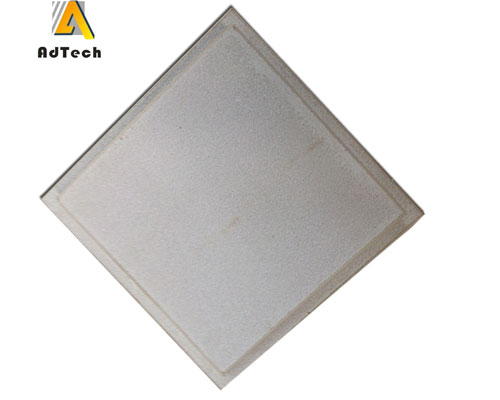After the molten aluminum CFF (ceramic foam filter) filtration, in addition to the aluminum slag interface, the inclusions can also be adsorbed and removed by the microporous refractory material on the inner wall of the pores on the ceramic foam filter, thereby increasing the removal rate of inclusions, especially for small particle size inclusions. Because the buoyancy of the small particle size inclusions is small, if they only rely on floating up to the aluminum slag interface to be adsorbed and removed, the removal efficiency is limited, while the ceramic foam filter relies on the adsorption of microporous refractory materials to remove the inclusions. Therefore, the ceramic foam filter can significantly improve the removal rate of small particle size inclusions.
Inclusions are the most common type of casting defects. There are many process steps in casting production to reduce casting inclusions, such as charge selection, removal of metal scum before pouring, and slag collector covering the ladle. The gating system is made into a closed type, and the horizontal runner is equipped with a slag retaining ring.
The molten metal filtration technology was developed in the 1970s and was first applied to aluminum alloys. Because of the low melting point of aluminum alloys, the density of alloys and oxides is almost the same, and inclusions are difficult to float. The first generation product-woven filter; the second generation product-extruded straight hole filter; the third generation product-foam ceramic filter.

Ceramic foam filter, referred to as “CFF” (Ceramic Foam Filters). Generally, polyurethane foam is filled with ceramic slurry, and then the slurry is extruded, leaving the ceramic material wrapped around the foam fiber, which is fired and sintered at high temperature, and the polyurethane is decomposed by heat, leaving a foamy ceramic products-foam ceramic filter. This kind of filter can be used in various casting alloys, and the product has been commercialized. This filtering process has been comprehensively promoted and used in large quantities. Molten aluminum CFF filtration has become the simplest and most effective way to improve the mechanical properties of castings and reduce pores and inclusions.

